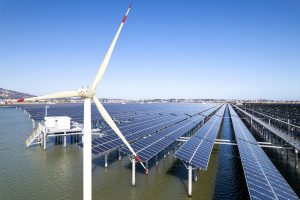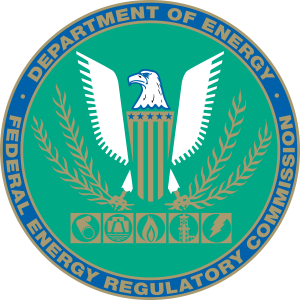On January 14, 2026, President Trump signed a Proclamation following the Department of Commerce’s investigation of the effects of imports of processed critical minerals and their derivative products on U.S. national security under Section 232 of the Trade Expansion Act of 1962. As detailed in our prior client alert, President Trump initiated the investigation on April 22, 2025, with a scope that includes the now 60 minerals listed in the U.S. Geological Survey’s “Critical Minerals List” as well as any subsequent lists and uranium. The Secretary of Commerce found that processed critical minerals and their derivative products are being imported into the United States in such quantities and under such circumstances as to threaten to impair U.S. national security.
In their latest client alert, President Trump Backs Commerce Department Findings, Directs Negotiations to Secure Critical Mineral Supply Chains, colleagues Sahar J. Hafeez, Robert A. James, Amanda G. Halter and Ata A. Akiner review the findings, recommendations and related initiatives, and explore next steps and implications for potentially affected companies.






